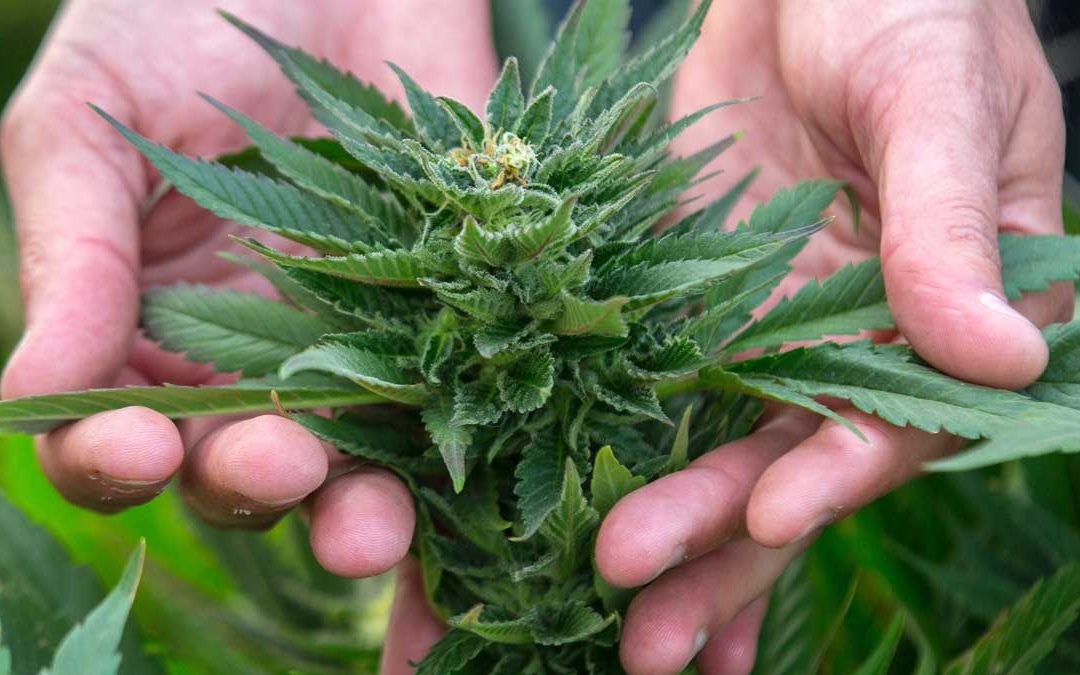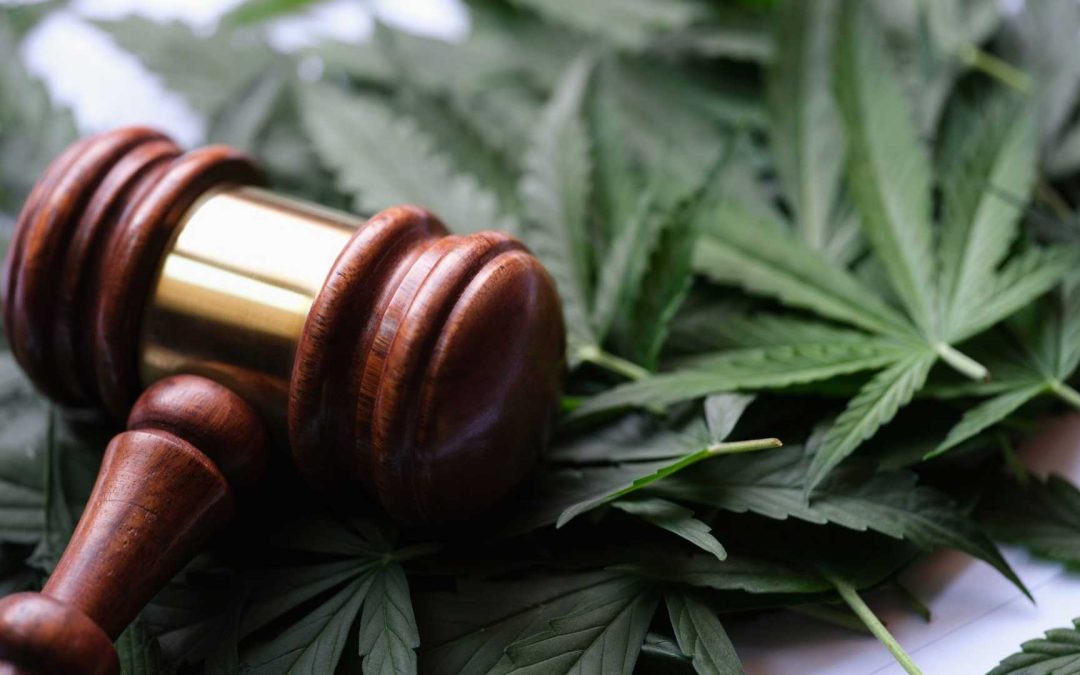Cannabis Cost and Patients Care, an Australian Study Addresses the Financial Toxicity of Medical Cannabis Programs.
The cost of cannabis is what concerns Australian cancer patients, according to a qualitative study based on interviews with 48 patients in palliative care with advanced cancer.
The study, ‘What price do you put on your health?’: Medical cannabis, financial toxicity and patient perspectives on medication access in advanced cancer” was published by Rebecca Olson and colleagues in the journal Health Expectations in February 2023.
Forty-five of the subjects were over the age of fifty, and as an enrollment condition for randomized clinical trials providing medical cannabis patients tested cannabis-free. The interviews were focused on patients’ decision-making process regarding prospective participation in the program and use of medical cannabis. In addition to participation issues, concerns about medical cannabis use and perceptions of future availability were examined.
The most interesting finding of the study is that while supporting access to medical cannabis these advanced cancer patients reported that the costs of using medical cannabis were not only prohibitive, but that it would also constrain effective therapeutic use by those who could or would afford it.
This comment from one of the patients is instructive: “Oh, it sounds expensive to me at $100 a week on something that may or may not work. I guess $100 a week wouldn’t be a major worry financially, it just seems like a waste for something that I feel doesn’t suit my circumstances.“
Australia has a mixed public private health care system with universal coverage known as Medicare. Under this system patients make a co-payment for prescriptions, with a cap on annual expenses. Some patients qualify for “concessions” and pay have a lower co-payment. For readers in the United States, the Australian dollar, on average, was worth $.6906 US during 2020, when these interviews were concluded.
The government’s Pharmaceutical Benefits Scheme (PBS) for patients has a $42.50 AUD co-pay, capped at $1542.10 annually ($29.25 USD, $1065 USD annually). Inclusion of a medication within the universal coverage program is also viewed by patients as a reliable marker of efficacy. The logic is clearly expressed by one patient: “If it’s got proven benefits, it should be on the PBS.”
However, medical cannabis is not, and is not proposed to be, covered by this program and patients will have to bear greater expense.
The patient above was addressing an expected expense of about $70 a week in US currency. The program provides a 100 ml oil solution at a cost between $350 and $600 AUD (Australian dollars), and a 15 ml spray for $200 AUD. [Roughly $242 to $414 USD for the oil and $138 USD for the spray.]
Other patients addressed the issue this way:
“I was told that … it was going to be three or four hundred [dollars] a [pop] to get—have it. Just—that’s out of the reach for a lot of people. Why are they even doing it if we’re not even going to be able to afford to have it? It just seems crazy.”
“[W]hat are we trying to do here? All this study and all this research and trials and everything and people are taking the right drug, but then can’t afford to take it. “
While for some cost was a concern but not a deterrent to participation in a trial study, according to the authors “These interviewees positioned lack of affordable access as a central drawback to the trial: ‘the main danger is it would become too expensive for the average person who really needs it”.
An important secondary concern concerning restrictions on access is explained by one of the patients:
“Because it’s too expensive if they buy it. Because they have to go through too much of a rigmarole to get registered to take it. Then they have to pay exorbitant amounts and then they have to renew that every six months. So, it’s a lot for people…. I think I probably would know more people who would access it the other way. “
As with most medications, patients in this group are concerned about getting accurate information. They understand, while not necessarily supporting, access restrictions. But unlike with most medications, pricing equity is not a feature of medical cannabis access in this prospective framework. This is an issue of concern for the Olson and colleagues, and it is not just a matter of affordability but also a matter of the effectiveness of care.
These patients presented a variety of prospective responses to the expense of medical cannabis. Given its efficacy, which is well-appreciated by many patients in this sample, patients have three responses to the high prices and restricted access. Some will take smaller doses, lower than recommended for their condition, to stretch their supply for a longer period to reduce overall expense. Some will shift their acquisition of cannabis from legal to illicit markets to take advantage of lower prices and more convenient availability. Others will just decline to participate in a program and decline to use medical cannabis as well.
Olson and colleagues theorize these concerns about costs and these related strategic responses as indicators or predictors of financial toxicity emerging from the economics of medical cannabis therapy.
“Financial toxicity represents growing recognition of the need to broaden conceptualizations of financial burden to account for indirect costs such as the associated emotional burden and the coping strategies patients employ.
“Financial toxicity occurs when cancer patients—especially those with early and more severe disease—pay out‐of‐pocket costs (including travel and accommodation) to access necessary but expensive interventions, often while experiencing income loss due to reduced hours or early retirement, with lasting consequences to their finances and mental health, including debt, bankruptcy, emotional well‐being (distress, anxiety and worry about a recurrence), quality of life and survival.”
This group of patients discusses future availability based on a requirement for scientific data on the efficacy of medical cannabis. As an effective medication, these patients advocate including medical cannabis in the government’s Pharmaceutical Benefits Scheme as part of their universal health care to provide affordable access to all in need.
In the words of some of these patients:
“Because I’m on a pension and I live from week to week, so I can’t afford to pay much…. if it gets to be on the PBS … then I really can afford it.
“Through the PBS. Yeah. Definitely. They do so much for everybody else. Why not for these people that really need it?
“So, the costs for the people who are falling within the categories for its use who want to use it and find benefit from them, it should be made financially within their reach under a PBS‐type subsidized scheme and it shouldn’t be to their detriment if it’s providing them health and pain relief and assistance in coping with their medical health or mental health.”
Citation: Olson RE, Smith A, Good P, Dudley M, Gurgenci T, Hardy J. (2023) ‘What price do you put on your health?’: medical cannabis, financial toxicity and patient perspectives on medication access in advanced cancer. Health Expect. 26:160‐171. doi:10.1111/hex.13642








